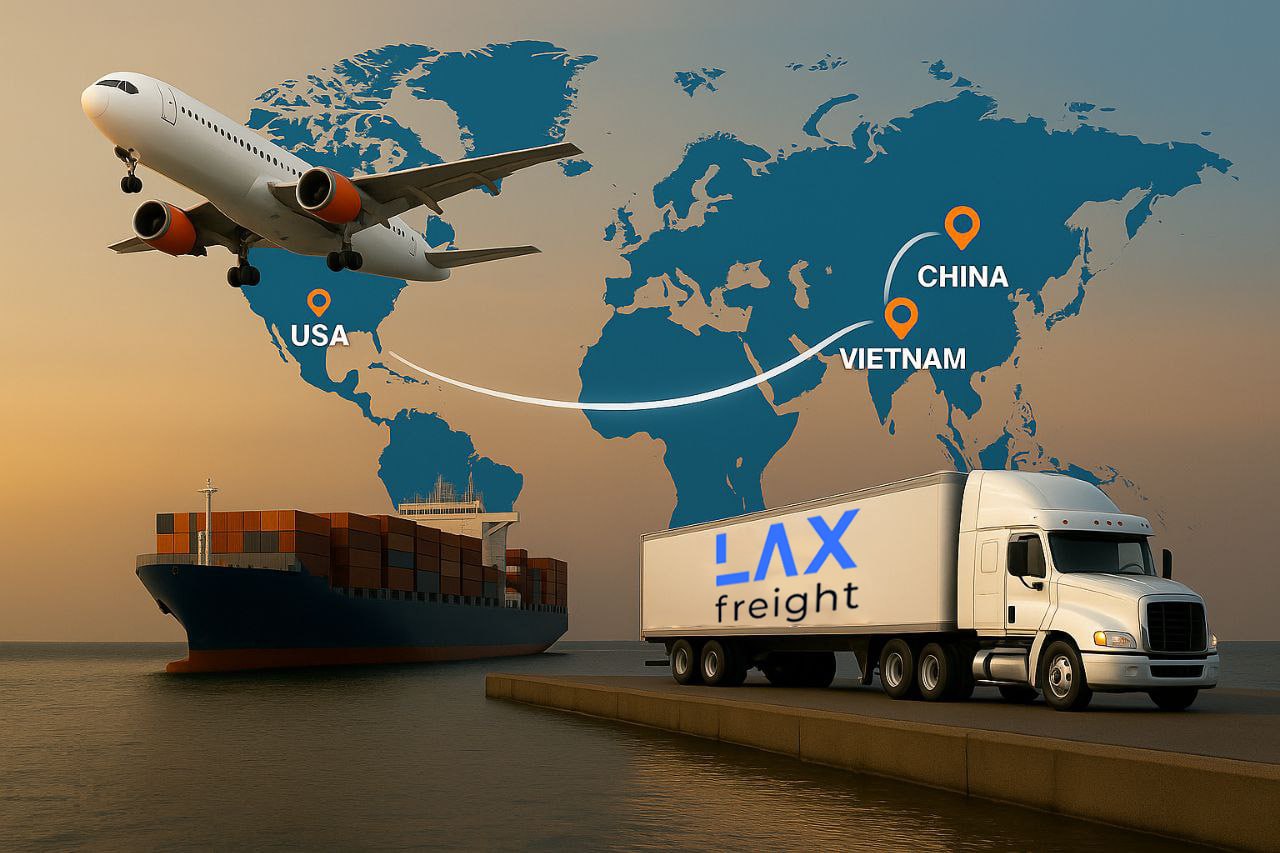Freight rates, often referred to as freight costs or freight charges, are the prices charged for transporting goods from one location to another. They encompass various charges incurred throughout the transportation process, reflecting the cost of services provided by carriers. Understanding what freight rates are and the factors influencing them is essential for businesses involved in logistics to effectively manage their transportation expenses and optimize supply chain operations.
Different Freight Rate Types
Different modes are applied when shipping cargo, and that’s why freight costs are not always the same. Comprehending what is meant by Full Truckload (FTL) and Less than Truckload(LTL)) will help business owners get value for their money when selecting appropriate transportation services.
Key Factors Affecting Your Freight Costs
Multiple issues contribute to freight costs. They include fuel costs, transportation service requests, capacity restrictions, geographical locations, and regulatory stipulations. Knowing these significant issues enables companies to foresee freight price variations and take action to decrease the influence of costs.
What are the Main Components of the Freight Rate?
The main components of the freight rate typically include base freight charges, fuel surcharges, accessorial fees, insurance costs, and any additional surcharges or taxes imposed by carriers or regulatory authorities. Each component contributes to the overall cost of freight transportation and should be carefully evaluated when assessing freight rates.
How Freight Rates are Calculated?
Freight charges depend on several aspects: distance covered, weight or size of the load, means of transport, time taken, and industry trends. Most times, shipping companies compute freight costs using intricate pricing models and charging systems, which usually consider customer demands and quality of service.
For businesses seeking clarity on freight rate calculation and freight classification, partnering with LAX Freight is the solution. With expertise in navigating freight rates and optimizing freight spend, LAX Freight offers tailored solutions to meet your specific transportation needs. Trust LAX Freight to be your strategic logistics partner and unlock cost-saving opportunities for your business.
Optimizing Your Freight Spend
To obtain better freight expenditure, some of the methods that companies can use include negotiating contracts with carriers, grouping shipments to benefit from increased volume economies of scale, having the best shipping routes, using technology to see rates immediately to determine whether they are better than before, and checking on an ongoing basis how well supply chains are functioning so they can improve them as the need arises.
Conclusion
It is very important for businesses to streamline logistics operations, cut costs, and improve supply chain efficiency. Businesses can effectively manage their freight costs and achieve competitive advantages in the marketplace by understanding a number of different types of charges, taking into account important cost factors, comprehending elements of each rate, knowing how to work out its various parts, or using appropriate optimization tactics.
Enterprises seeking to decrease expenses on their consignments and make their transports more efficient can collaborate with LAX Freight. The company has a performance history of trustworthiness and efficiency in this business field, so they offer personalized packages that meet all your logistics requirements. Be it lower shipping costs or incredible customer care services, LAX Freight is a dependable partner in any strategic logistics moves that you’ll make for your company.
To succeed in logistics, it is necessary to learn how to deal with freight rates so that one can control their transport costs and thereby optimize their supply chains easily through the help of LAX Freight. Today, contact LAX Freight for your transport and then reduce the cost of running a business by seizing growth opportunities available now.



